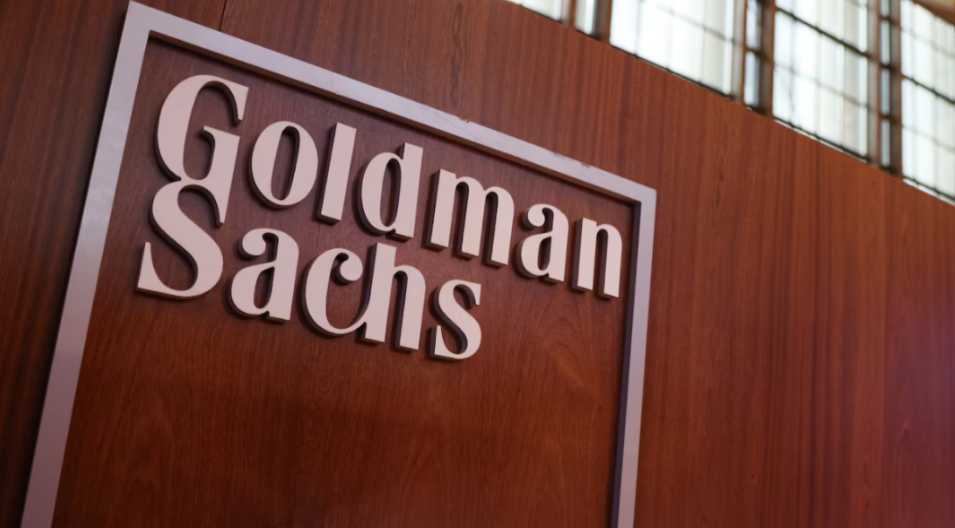Goldman Sachs on why US-EU trade talks stall

NEW YORK – The US investment bank Goldman Sachs analysis explains the reason why trade negotiations between the United States and the European Union stall and remain far from agreement.
The tension between these two major economic powers stems from fundamental differences in their approach to tariff policy, especially on steel, aluminium, and other strategic goods.
Goldman Sachs analysts Sven Jari Stehn and Filippo Taddei observe that both sides have started negotiations from very different positions.
For Washington, the high tariffs imposed since early this year serve as a bargaining tool to force Europe into making major concessions.
Meanwhile, Brussels views these tariffs as a ceiling that must be pressed down to avoid triggering retaliatory actions.
“Tariffs are used by the US as a diplomatic stick, whereas for the EU they are a danger signal to be avoided,” Stehn and Taddei wrote in their analysis, cited by Investing.com on Saturday (25/5).
The tension began when US President Donald Trump announced a “reciprocal tariff” policy earlier this year, including plans to impose a 20% import duty on goods from the EU.
However, to allow White House negotiators time to secure bilateral agreements with allied countries, Trump delayed implementation of the policy for 90 days until July.
During this hiatus, the US has reached agreements with the UK and with China to mutually postpone and reduce tariffs until August.
The future of tariffs on the EU remains uncertain.
As a precautionary measure, the European Commission in Brussels has prepared a list of US products worth billions of euros that would face retaliatory tariffs if the 20% duty is reinstated.
Additionally, blanket tariffs of 10%, as well as levies on steel, aluminium, and motor vehicles, remain in effect.
With the deadline approaching, Goldman analysts expect both sides are likely to extend the tariff pause with minor concessions from each party. However, they caution that this peaceful scenario is unstable.
Goldman Sachs predicts that after the pause, the US could impose new broad tariffs on strategic goods.
Such a move would almost certainly provoke moderate EU retaliation aimed at preventing further escalation.
“This situation creates a fragile and unsustainable equilibrium,” Stehn and Taddei wrote, signalling that the risk of a full-scale trade war between the US and EU remains firmly on the global market radar.
Trump’s abrupt decision to sanction EU with 50% tariff brought sudden disrupt to treasury bond market, Wall Street, even European indices last week. (EF/ZH)